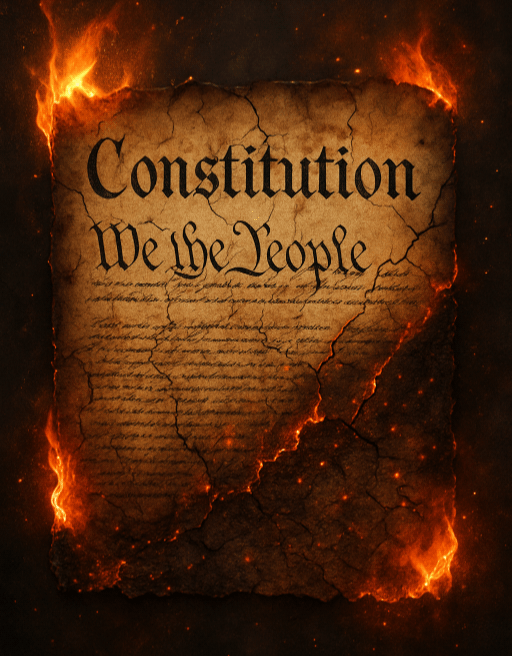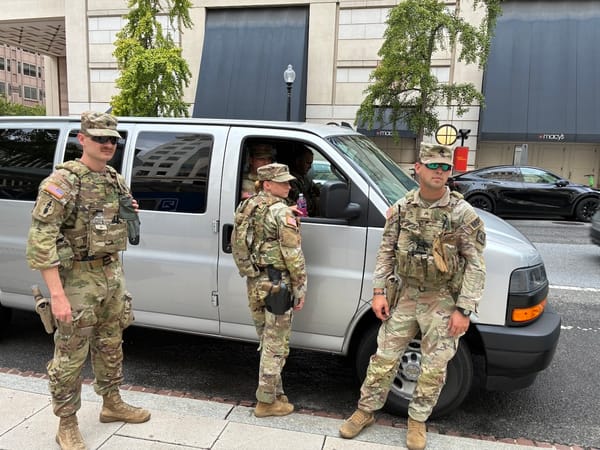“Intelligence Oversight” Indeed
Enabling The Panopticon
Enabling The Panopticon
Source: EFF
Every year, the House Permanent Select Committee on Intelligence (HPSCI)—one of two specialized Congressional committees created nearly 40 years ago in response to an earlier domestic surveillance scandal—brings to the House floor its “Intelligence Authorization” bill. Originally created to be a check on the potential excesses of the Central Intelligence Agency, the National Security Agency, and Federal Bureau of Investigation, among others, HPSCI has over the intervening decades been coopted, its annual bill often times more of a wish list of Intelligence Community (IC) programs and activities rather than a report on what measures the committee has taken to ensure the abuses of the past are not repeated. This year’s bill, coming almost exactly one year after the most explosive domestic surveillance revelations in American history, only underscores the committee’s decline.
While spending considerable time bemoaning “unauthorized disclosures” by “a former NSA contractor”, the committee’s report was silent on the revelations of bulk metadata collection by the National Security Agency (NSA), the agency’s digital “black bag” jobs on electronics products made by Cisco and other companies, NSA’s role in using the National Institute of Standards and Technology as a “cut out” to help undermine global encryption standards, or the NSA and Justice Department providing misleading or even false justification for intelligence collection activities to the Foreign Intelligence Surveillance Court. It is as if the committees activities, and thus its annual bill and report, took place in a different universe over the past year.
Earlier this year, two separate bodies—the President’s Review Group on Intelligence and Communications Technologies, and the Privacy and Civil Liberties Oversight Board—offered their own recommendations for reform based on Edward Snowden’s revelations. None of the reform proposals offered by those two bodies were even mentioned in the HPSCI bill, much less included in its text. The same situation occurred earlier in May when the very watered-down NSA surveillance reform bill, the USA Freedom Act, passed the House with over 300 votes. It was telling that nearly 80 of the USA Freedom Act’s original cosponsors ended up voting against the bill, while the leadership of HPSCI voted for it. This is reform turned on its head.
Indeed, the allegations of a previous NSA whistleblower—NSA senior executive service member Thomas Drake—were ignored by a previous HPSCI chairman and ranking member in the previous decade. That oversight failure prompted Drake, several of his NSA colleagues and a HPSCI staff member to file a formal complaint with the Department of Defense’s Inspector General over waste, fraud and abuse at NSA. Drake’s reward for following the rules was a vindictive and wholly unjustified prosecution by the Justice Department—which was rebuked sharply by the presiding judge in the case after the government was forced to drop all felony counts against Drake.
The NSA boondoggle that Drake tried to bring to the committee’s attention—the bloated, ineffective TRAILBLAZER surveillance program—was ultimately cancelled, and the DoD IG subsequently validated virtually all of the claims that Drake and his cohorts had made. This episode is well known among the privacy and civil liberties community, and to organizations that represent federal employees. Is it any wonder that potential whistleblowers feel going to the House and Senate intelligence committees is not just a waste of time, but a potential fast-track to bogus prosecution?
For decades, Congress has treated national security whistleblowers with either indifference (like Drake) or with outright hostility (like Daniel Ellsberg), with disastrous consequences for our nation. Until the committees charged with the oversight of the Intelligence Community take an appropriate, balanced and rational approach to national security whistleblowers and their allegations, we will continue to run the risk that our liberty and our security will be compromised, in secret and with no meaningful chance for redress.





